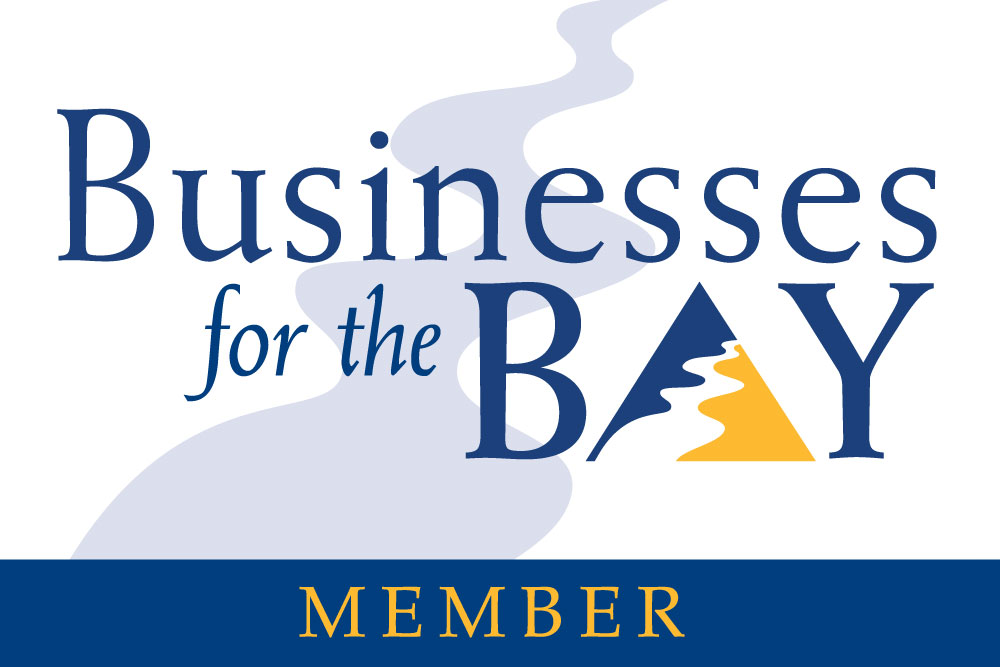5 Money Lessons to Teach Kids at Different Ages
Teaching your children about money can seem like a grueling task since it is not something that is covered in the school curriculum, however, financial skills are crucial for navigating life. The good news is that you can use your day-to-day activities as learning experiences by working money concepts into your children’s games, choices, and goals throughout life.
- Age 2 to 5: While 2 and 3-year-olds won’t be able to understand the value of money fully, they can learn the name of each coin and dollar. Use a coin identification game or coloring book that helps familiarize them with the shapes and names of your currency. Once they have learned the basics of what money is, incorporate it into a game with them. Kids are unlikely to want to sit through a dinner out or go to the grocery store with you, however, they are likely to want to play imaginary restaurant or store. These games teach valuable skills such as setting the table, good manners, and using pretend money to pay the bill at the end.
- Age 6 to 8: Running errands such as a trip to the bank can turn into a lesson for kids. Help your child understand the value of savings. Consider opening a savings account for him/her and encourage them to make regular deposits. Later, you can discuss why the balance grows. Most banks offer kids options such as no minimum balance accounts, coin collections, and lollipops for visits.
- Age 9 to 12: Explaining that you have to wait to buy something you want and that the way you spend money is a choice are key lessons for kids. This is an age when introducing a weekly/monthly allowance for completing chores is a great starter. Kids can learn how or what they want to spend their earned money on or if they prefer to save it for a future goal.
- Age 13 to 15: The early teen years are a perfect time for explaining that the sooner you save, the faster your money can grow with the help of compound interest. Introduce the idea of long-term goals (saving for a first car, cell phone, etc.) and discuss the value of compound interest. This way, they can see how they can earn interest on both savings and their interest on past savings.
- Age 16 – 18: When exploring colleges with your son or daughter, show them how much each school will cost. Many college websites offer “net price calculators” that include the additional expenses incurred while attending in addition to tuition. But do not let price tags discourage your child from attending. Explain that college degrees are worthwhile investments.
- Age 18+: Legally your child is considered an adult, but teaching them about finances is still something that they can benefit from. Reiterate the importance of only using a credit card if they can afford to pay off the balance each month in full. Explain to your child what a credit report is and why it’s crucial to use credit cards responsibly.
No matter what age your child(ren), financial skills and lessons are essential for helping them navigate life as an adult. These lessons are not something that is done once but consistently over time. We highly encourage you to involve your kids with financial decisions and explain the process of each task ranging from budget, paying bills, and savings.
Questions and Consultations
If you have questions or if you’d like to schedule an appointment to discuss your finances, contact us today.
Check out more information about our investment strategy and make sure to sign up to receive our monthly e-newsletter here.
The opinions voiced in this material are for informational purposes only and are not intended to provide specific advice to any individual. Consult your legal, tax, and/or financial advisor to determine what is appropriate for your situation.
As a Registered Investment Advisor (RIA), Partnership Wealth Management is committed to providing our clients with financial planning and wealth management services to help them work towards their financial goals. At Partnership Wealth Management, we have a long history of working with the LGBT community. Among the many services we offer are financial planning and estate planning strategies for gay and lesbian couples. Financial planning is an important part of preparing for the future; contact us today to get started: www.partnershipwm.com.





